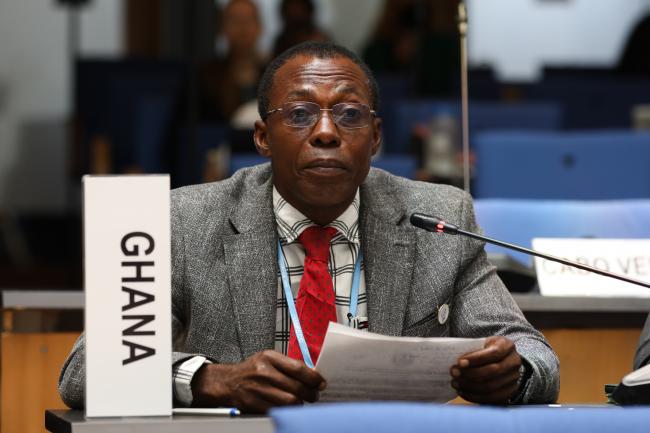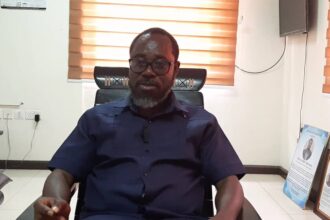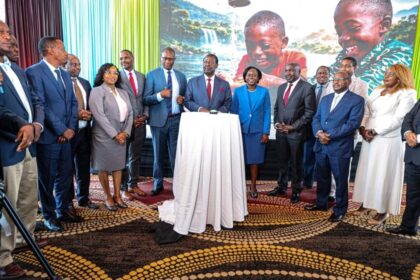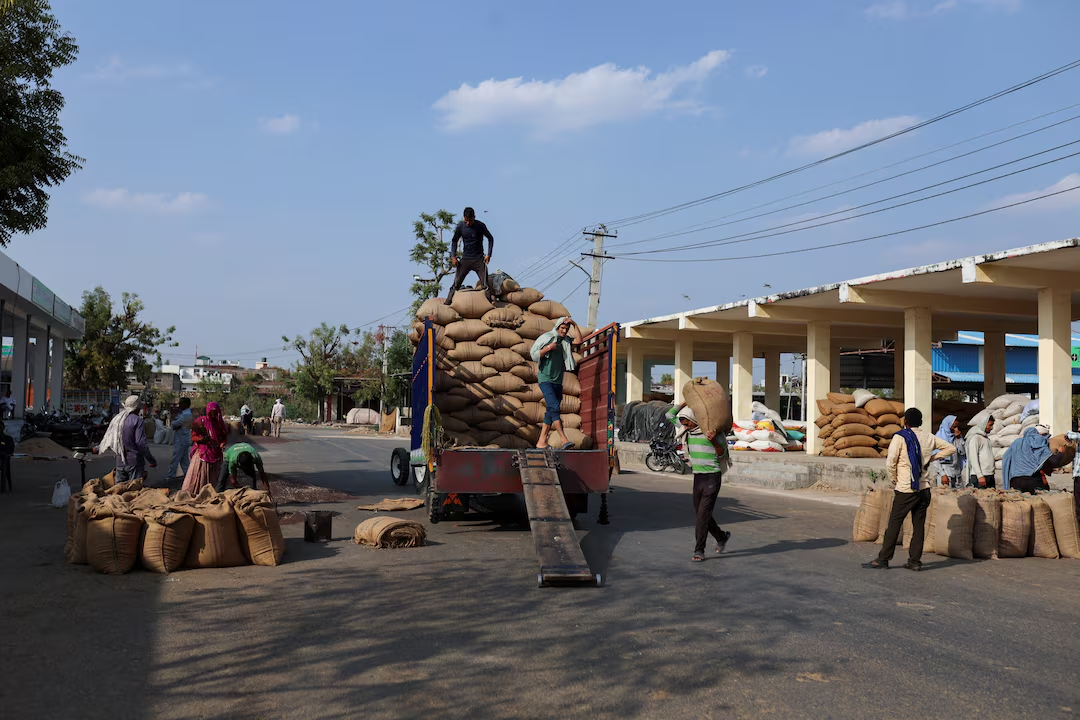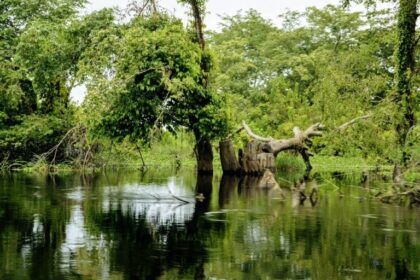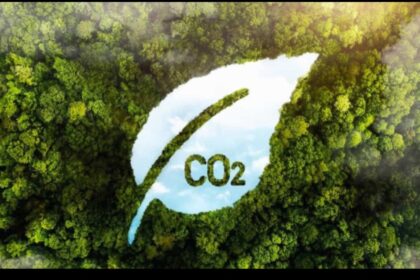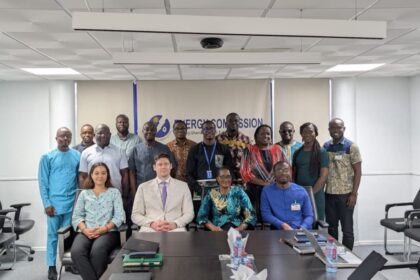The Environmental Protection Agency (EPA) says Ghana is making steady progress on climate action, with schools now integrating climate content and officials preparing the country’s next national plan.
Dr Emmanuel Tachie‑Obeng, Acting Director for Climate Change and Ozone, told Climate Watch on the sidelines of a recent Green Tales event that the EPA is working with education partners to bring simple, practical lessons into classrooms.
“We have a National Climate Change and Green Economy Learning Strategy that guides training and public awareness,” he said. “It is designed to give students and communities the knowledge and skills to understand and address climate risks.”
He said youth climate clubs are growing across regions and called for more support for practical activities rather than one‑off events.
Teachers have asked for small grants for field work, including campus temperature logging, rain‑gauge reading, and basic waste segregation trials tied to lesson plans.
Dr Tachie‑Obeng said the EPA is updating public information materials and will share a set of teaching aids that link classroom activities to local issues such as heat, flooding, and waste.
He noted that partnerships with schools, local authorities, civil society, and private firms are helping to spread good practice beyond the major cities.
On national planning, he said Ghana is preparing its third Nationally Determined Contribution (NDC) under the Paris Agreement, which will set out priority actions for mitigation and adaptation.
Work on the new plan includes sector data checks, cost estimates, and a focus on locally led solutions that can be delivered within existing budgets and community structures.
“The EPA will continue to promote climate‑resilient development that aligns with Ghana’s wider development goals,” he said.
He added that simple measures in schools and communities can cut risk and costs, especially where budgets are tight.
Officials did not provide a baseline year for the reported increase in youth clubs. Climate Watch has requested the underlying data and examples of lesson plans at JHS and SHS level, including how learning is assessed.
The EPA has asked partners to keep reporting practical results so that tools and funding can be better targeted.
According to Dr Tachie‑Obeng, progress will depend on consistent collaboration and on keeping climate education tied to real‑world tasks.
He said the agency is also updating guidance on community awareness, early warnings, and safe response during floods and heatwaves.
The EPA’s climate work is part of a wider effort by ministries and districts to improve resilience through better planning, data use, and maintenance of local infrastructure.
Officials say Ghana’s approach aims to combine education, collaboration, and practical delivery that communities can sustain.
Further updates are expected when the draft NDC is ready for consultation and when the next set of teaching materials is released to schools.
Source: www.climatewatchonline.com

